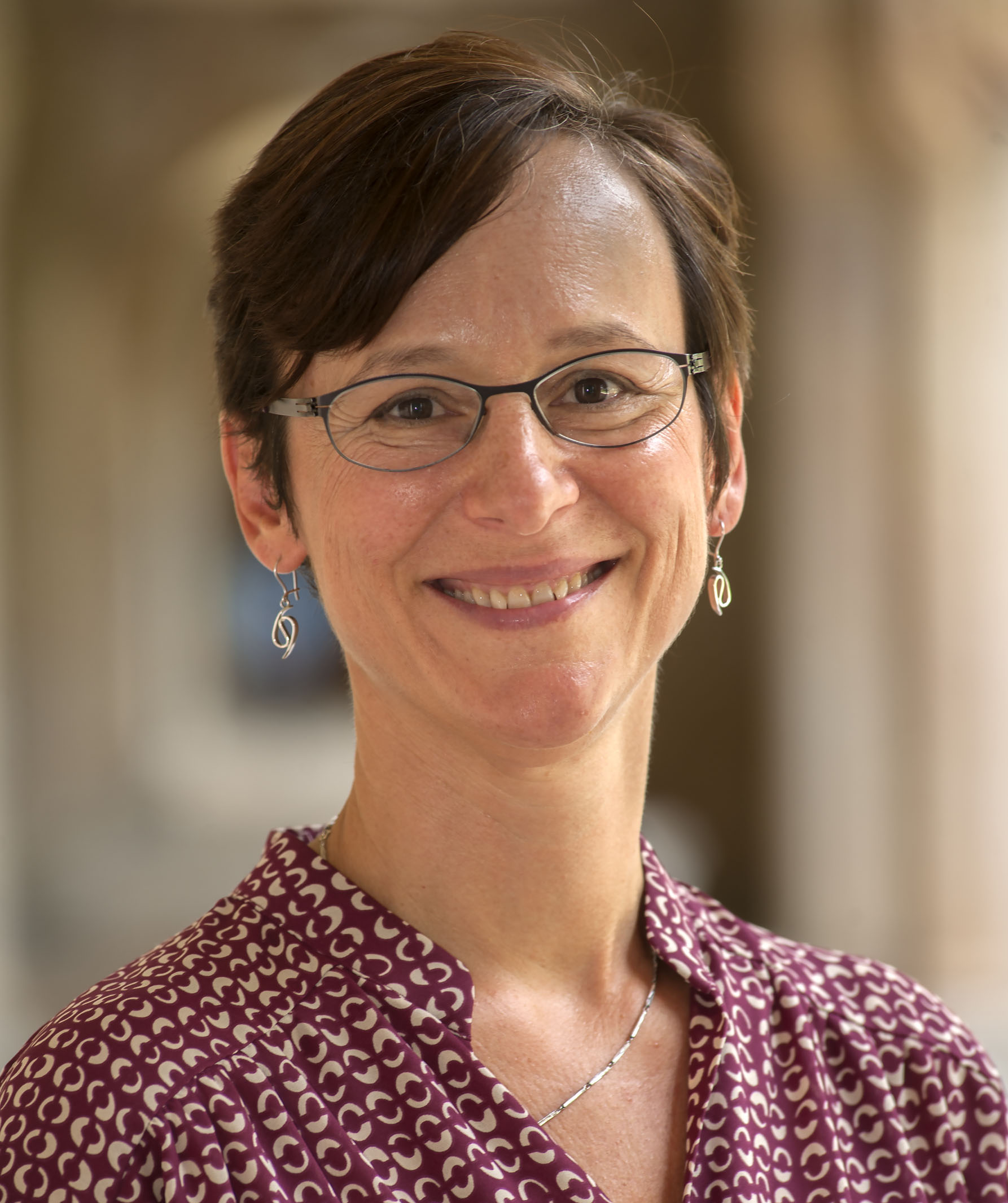 The government recently commissioned an inquiry into free speech in Australian universities, to be chaired by former
The government recently commissioned an inquiry into free speech in Australian universities, to be chaired by former
Chief Justice Robert French. What position ought the University to take to issues concerning free speech on campus?
Free speech is a vital, cherished value in democracies. The reasons for its protection include its role in the search for truth, the development of individual autonomy and capacity to make meaningful choices about how to live well, and the instantiation of democracy through deliberation. It is related to, but distinct from, academic freedom.
But free speech is not absolute. Even in the United States, the country with the strongest free speech protections in the world, some speech can be regulated. Australia has wildly different views in our political culture about when it is valid to limit freedom of speech.
A university is a deliberative environment, but it is not a town square. A university is a place of learning, education and knowledge creation. All of its policies are devised to enhance this, and we need to think about the appropriate limits for freedom of speech in this context.
Free speech ought not to mean complete freedom to say anything one wants, in any context. If this is what free speech were to mean, it would mean that the loudest and most powerful voices would be heard disproportionately, and that others would get shut out of debate. It would also mean that speech that harms the ability of others to participate with equal opportunity in the deliberation that affects their lives would be excluded.
Free speech absolutists would suggest that this is excessive; free speech is simply the externalisation of thought and it cannot harm. But this ignores decades of scholarship. We know that words can do things; they can give permission, convict, marry, judge, govern, persuade and praise. Words can also marginalise, discriminate and exclude.
Allowing all speech would allow the speech of some to discriminate against others. This would go against the University’s values, expressed in the Strategic Plan. It would work against the University’s commitment to drawing strength from diversity. It would impoverish the university as a place of learning.
Narrowly drawn, carefully constructed understandings of appropriate limits on harmful speech operate to enhance free speech, not limit it. The University has an interest in reducing harm to those vulnerable to marginalisation and exclusion. Taking this stance would enable substantive, as opposed to formal, freedom of speech.
We know the difference between substantive and formal equality. Freedom of speech should be thought of in the same way – formal free speech, achieved through an absence of limits, would allow the most powerful to predominate. Substantive free speech, achieved through the careful application of narrowly constructed limits, will allow as many people as possible to participate in the deliberation that is essential to our learning environment.
Professor Katharine Gelber
